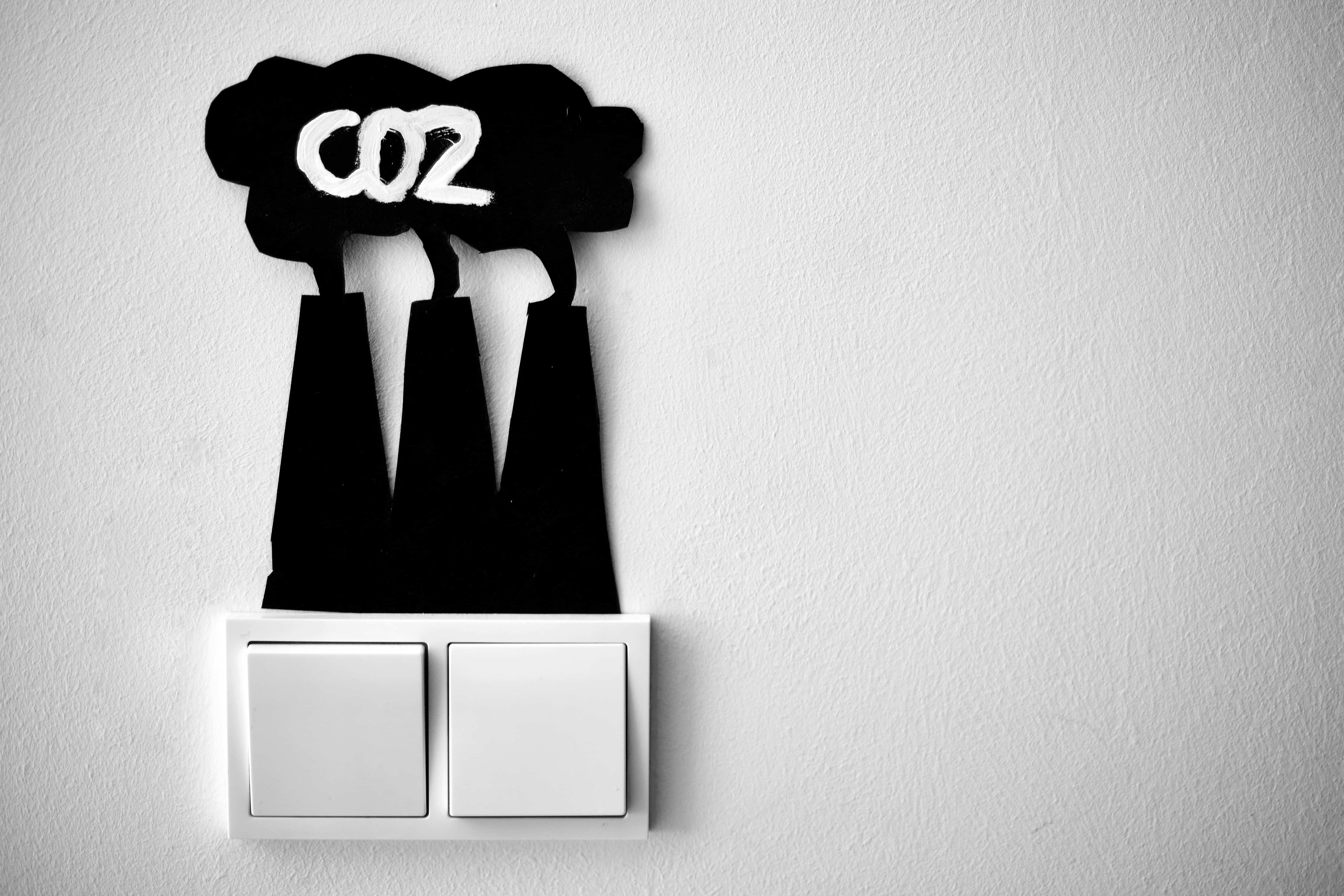Best In-The-Field Tool For Real Estate Appraisers
While the tools carried by appraisers are fairly limited, there are tools today that create a more effective and efficient appraiser. Appraisers are often known as the professionals behind the scene as often times they inspect vacant properties or they complete inspections with a brief and (appearing to be a very) cursory visit. The report writing process takes hours of an appraiser's time. The inspection represents typically only 5-10% of their time on a property. While an appraiser's goal is to conduct a thorough inspection, these inspections differ from home inspections. While the inspection for an appraiser's is not as verbose as a home inspector, they do gather several key features about a property. Tools of the Real Estate Appraiser One standard tool for real estate appraisers is a measuring tool for the property. This often varies from a tape measure to a laser measure. Technology has increased the accuracy and efficiency of measuring properties so vastly that often you will see that laser measures have become the standard for measuring properties. While some appraiser's do utilize other measuring tools, the laser has been able to increase accuracy and efficiency of the inspection process. If a property has acreage or it is a land appraisal, often appraisers are equipped with drones or work with local drone pilots to gather additional data on the land. While appraisers still physically inspect the land, the drone has a superior advantage in portraying key features of a property (topography, woodlands, wetlands, etc.). With the latest drone technology, the photos provided to the client give a more clear overview of the property which convey better within a report. Some realtors often will engage a local appraiser for marketing photos for their listing properties as drones simply give unrivaled images of properties. Smartphones and Tablets Being that appraisers are often… Continue Reading
Carbon Monoxide & Smoke Detectors
They are a crucial part of home safety. They are typically required to be installed inside each bedroom, outside each sleeping area and on every level of the home, including the basement. On levels without bedrooms most states recommend installing alarms in the living room (or den or family room) or near the stairway to the upper level, or in both locations. This may even be required if your home does not burn fossil fuels. Be safe and purchase a Carbon Monoxide detector from amazon. They are relatively cheap and can save a life. Not to mention, these may hold up the sales process if they are not properly in place.
Real Estate Prices and Inventory in East Longmeadow – 2 Year
This is a high level view of Real Estate Transactions that have occurred in the the town of East Longmeadow, MA - Hampden County over the past 2 years. We often gauge local markets for trends, inventory, values etc. and often tend to focus on medians for a measure for central tendency. While averages are fairly common to represent data, averages may often be heavily weighted by outlier sales. If you would like to see data within your town/city or neighborhood, please contact us today.
LTV – Loan to Value
Loan to value is simply a ratio between your loan and the value of your home. These two elements create the equation LTV = Loan Amt / Home Value. Loan amt is considered to be a fixed variable as you can dictate the loan amount you choose. Home values is a variable that will fluctuate over time. Ex. You borrow $80,000 for a home worth $100,000. Your LTV is LTV = 80000/100000 = .80 Typically, LTVs lower than .80 (80%) allow for the removal of PMI. Lenders have different requirements so its important to speak to them for the specifics. Ultimately the more you pay down your loan OR the higher the value your home goes will lower your LTV rate. If this house you purchased for $100,000 is now worth $120,000, then your LTV is LTV = 80000/120000 = .67(67%). This is also assuming you didnt pay down the loan over that time so in actuality, the LTV would be lower depending on that timeline. Why this is important is because if you are on the line of qualifying for PMI removal or being eligible for refinance, its important to keep your options open. The best way to do this is pay down your mortgage the best you can. This gives you options in the future if you have a hardship and need to refinance. If the market is down or interest rates have climbed, you've enabled yourself to be in a situation where you can avoid problems. Here are some suggestions for increasing home values.
Interest Rates and Your Home Value
Do interest rates have an impact on your home value? While the answer to this question is often debatable, lets consider the buyer's situation. Assuming a place where you could borrow interest-free and had the ability to make a monthly payment of $1,000 a month. Since there is no interest, this buyer can afford a mortgage where his monthly payment is $1,000. Lets remove tax, PMI*, insurance since these are add-ons to a mortgage regardless of your interest rate. With a 30 year fixed rate at at 0%, this buyer could afford a home worth $375,000 (excluding the above add-ons). With a 30 year fixed rate at at 2%, this buyer could afford a home worth $275,000 (excluding the above add-ons). With a 30 year fixed rate at at 4%, this buyer could afford a home worth $225,000 (excluding the above add-ons). With a 30 year fixed rate at at 8%, this buyer could afford a home worth $135,000 (excluding the above add-ons). *These rates were as recent as 10 years ago. Try some scenarios with a mortgage calculator. As you can see, rates have a direct impact on a buyers affordability. In relation to US history, we currently have historically low interest rates. Will these rates climb over time? Some argue that the US economy is simply not strong enough to undertake rate hikes whether they be steep or gradual moves over time. This isn't to speculate interest rates in the future but to consider your situation as you buy a home at a time of low interest rates. Inflation has a role in money over time. This inflation that we have seen over time may often be misconstrued as home values appreciating, when in realty homes are adjusting to inflation. That's not to say that homes do not appreciate. Demand… Continue Reading











